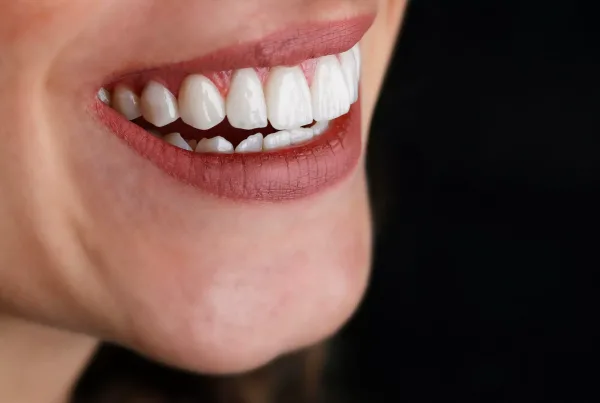Yes, mouth breathing can be harmful, especially if it becomes a chronic habit. Breathing through the mouth instead of the nose can have various negative effects on both oral health and overall well-being. Here are some of the potential harms of mouth breathing:
- Dry Mouth: Mouth breathing leads to reduced saliva flow, resulting in a dry mouth. Saliva plays a crucial role in maintaining oral health as it helps to wash away food particles, neutralize acids, and prevent bacterial growth. A dry mouth can increase the risk of dental issues like tooth decay and bad breath (halitosis).
- Dental Problems: Mouth breathing can cause changes in the oral environment, leading to dental problems such as gingivitis (gum inflammation), cavities, and gum disease. The mouth’s normal protective mechanisms, like the cleansing action of saliva and nasal breathing filtering the air, are compromised when mouth breathing becomes habitual.
- Facial Development: In children, chronic mouth breathing can affect facial development and lead to malocclusion (misalignment of teeth) and orthodontic problems. It can also result in a long, narrow face, high palate, and other structural issues in the jaw and facial bones.
- Sleep Disruptions: Mouth breathing during sleep can cause snoring and sleep apnea, a condition where breathing repeatedly stops and starts during sleep. Sleep apnea can lead to fatigue, daytime sleepiness, and other health issues.
- Allergies and Infections: Breathing through the mouth can increase the exposure of the respiratory system to allergens, pollutants, and pathogens, making individuals more susceptible to respiratory infections and allergies.
- Bad Breath: Dry mouth and the presence of stagnant saliva can contribute to bad breath, leading to social discomfort and self-consciousness.
- Reduced Oxygen Intake: Nasal breathing is more efficient at warming, humidifying, and filtering the air we breathe. Mouth breathing bypasses these processes, potentially reducing oxygen intake and affecting overall respiratory health.
If you or someone you know habitually breathes through the mouth, it’s essential to address the underlying cause and seek appropriate treatment. Common causes of mouth breathing include nasal congestion, allergies, anatomical issues, and certain habits. Consulting with a healthcare professional, such as a dentist, allergist, or ear-nose-throat (ENT) specialist, can help identify the cause and recommend appropriate interventions or therapies to encourage nasal breathing and improve overall health.





